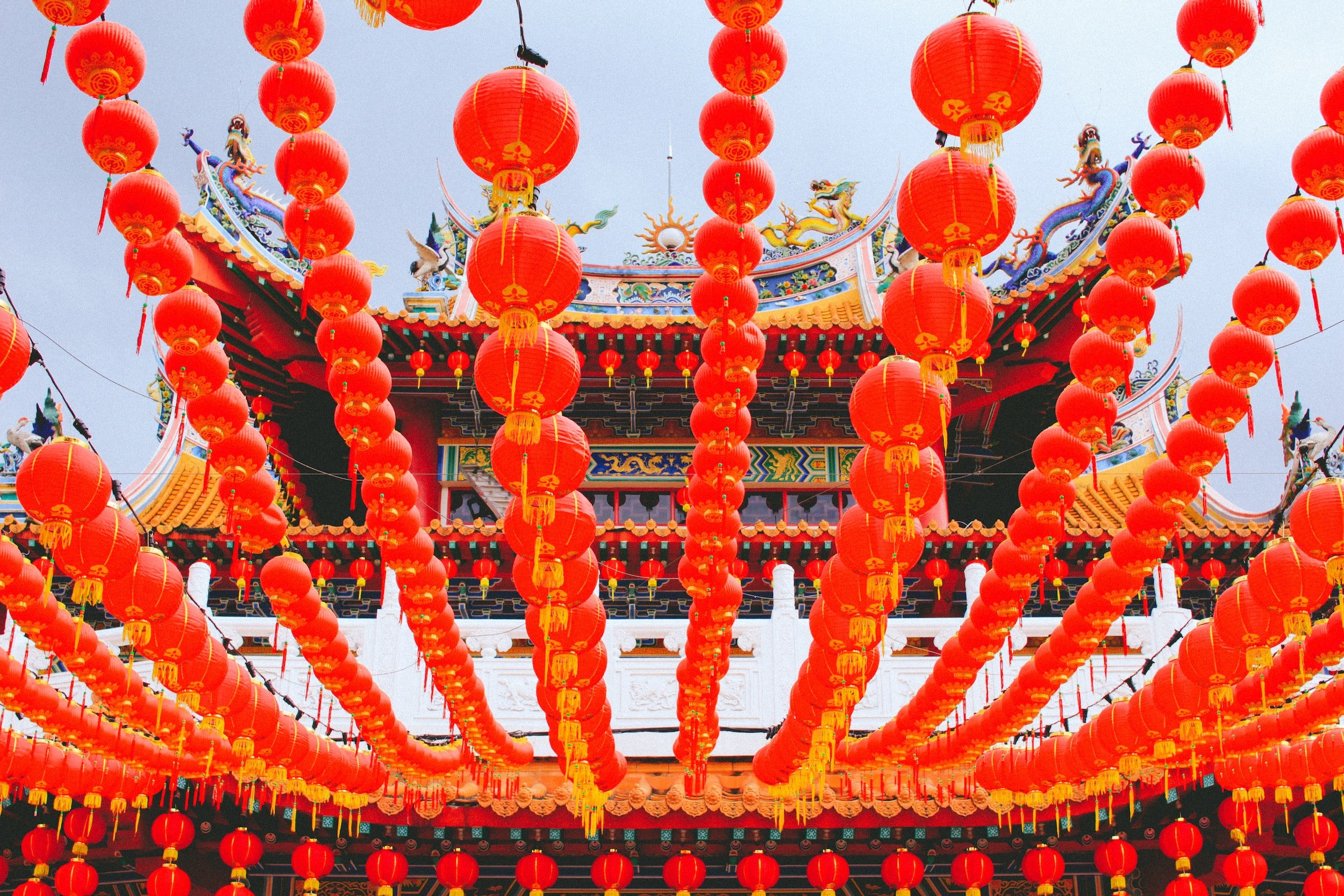
Editor’s note: As the future is uncertain in China these days and threats of harassment or persecution loom, Chinese pastors must discern anew what God has called them to do. They must dig deeply into the theology of Christ as the resurrected, reigning king; they must commit themselves to prayer; they have the opportunity to grow as perhaps never before. In a continuation of last week’s interview, we hear about what Chinese believers are facing now and how they are equipping themselves to lead their local churches and contribute to the global body of Christ.
China Partnership: Does the reality of Christ’s invisible kingdom give leaders power in the face of difficulty?
Muxi Zhang: That comes with the descended Spirit in us. The ascended, reigning Christ in heaven sent the Spirit; Christ has returned, by and through the Spirit, to reign in us. The weakness of the Chinese—and also the Western—church is that we miss this ascended Christ who reigns. We know about the cross; we talk about the resurrection. But we miss the big picture of the ascension and the continuous reign of the Holy Spirit.
>
”“One day, God is going to push heaven down to earth. He will transform and reform this created world to his heavenly archetype. I feel this is something we don’t truly believe, because we do not always live in this reality.”
Our theology of the Holy Spirit is limited. It is hard to resist materialism when we see only the visible world, because we don’t take as real the kingdom in which Christ has resurrected and ascended. We pray, “Your kingdom come, your will be done,” as if it is far in the future. It’s not in the future; it’s here.
Our default assumption is that when Christ ascended, he rewound back to what he was before the incarnation. No. He is in another, higher stage of his taking of the human body. We think heaven is abstract. No. Christ has been resurrected into a real, physical body with a spatial dimension. That resurrected body is in heaven, which has a physical dimension. It is unlike our materialistic dimension, but is still a created heaven, which can accommodate the resurrected body of Christ. One day, God is going to push heaven down to earth. He will transform and reform this created world to his heavenly archetype. I feel this is something we don’t truly believe, because we do not always live in this reality. We like the world, we like material things. In the secular world, we push God back. Taking the resurrected and ascended Christ for real is the true power of the church and the leaders. To achieve this, we must have deep theology.
Never miss a story
Chinese leaders need that larger framework of the ascended Christ. If a group of leaders grasps this, they must pray. Prayer is not one of the functions of ministry. At Pentecost, the Spirit poured down and led the early church. The Spirit and Christ the King are at the center of church leadership. Prayer is central. It is only by dependent prayer that we know how the Lord is using us. We want to give pastors this deep, kingdom, covenantal, eschatological theology. If that is real in our lives, we will live after that pattern.
As we train leaders, we do not focus on theology alone. We go deep and let leaders see all this is in the Bible. We have small groups where we pray and walk together for two years. We invite the Spirit into our lives, write prayer journals, and pray for each other. So many things happen. The pastors say, “I cannot believe prayer works!” We want that taste of God’s work to be real. Together, we appreciate and live out deep theology. When they read and approach the Bible, they will preach what they see. Biblical theology controls exegesis and preaching.
We want to equip pastors so they taste, know, walk, and live. We want them to be a living fountain to others through their preaching and discipleship. The core is preaching, to allow the larger framework of the kingdom to shape their churches, this generation, and maybe even the next generation of Chinese Christian churches.
They are exploring a new kind of spirituality within the larger, Western context. I see Chinese Christians as part of the Protestant missionary movement in the larger Western context of theological perspectives and ministry. The theological framework Chinese believers are trying now is unique. To some extent, what started in the Reformation age with Luther and Calvin’s focus on justification by faith and union with Christ has gotten more fulness in this eschatology over the past hundred years. It gives new life to that. I think this will serve Chinese churches as a whole, and their practice and learning can even contribute back to global Christianity.
>
”“We all face the same challenges, at different levels. This is not something that is happening, but something that is looming and could happen. This is the perfect time for discipleship, for growth, and for learning. Dependence is the perfect time to live out the reality of the early church: which king is the true king?…We definitely do not have the freedom we enjoyed two or three years ago. That time is over. In this new reality, God will do things. I think it’s an even better situation.”
CP: The pressure and persecution now is directed more at pastors and leaders than regular laypeople. How does this affect the leadership of the church in China?
Zhang: China is so large. There is a nationwide policy driven by the central government, but different places have different implementations. Some, like Shanxi Province, are very strict. We have seen people arrested and jailed. For some pastors, it is a challenge to decide how they are going to minister to the church. But in other places, like Shanghai, I don’t see that they even have severe harassment. In Shanghai, there are several cases where churches have been harassed and raided, but they can very quickly continue as before. In the west of China, Chengdu and Guiyang have some severe harassment.
In these circumstances, most church leaders face a challenge regarding calling. There are potential threats, potential persecution, and potentially more severe harassment than before. At this point, different places have persecution or harassment, but it is not a nationwide, severe persecution situation. You could be forced out of your rental Sunday worship place; you could be threatened or put into jail; but this is not happening on a large scale. For church leaders, this is a time to reflect on their calling and where the power is from. Based on that, they decide how they are going to be a church.
We all face the same challenges, at different levels. This is not something that is happening, but something that is looming and could happen. This is the perfect time for discipleship, for growth, and for learning. Dependence is the perfect time to live out the reality of the early church: which king is the true king? What matters most? What is true life? We definitely do not have the freedom we enjoyed two or three years ago. That time is over. In this new reality, God will do things. I think it’s an even better situation.
CP: Why?
Zhang: It’s easier to select people. You can tell who has the godliness and the guts and the courage—and also if that courage comes from the flesh, or from a Spirit-dependent prayer life. It is the perfect time to grow, to deepen your theology and walk.
Muxi Zhang is a pseudonym for a China ministry veteran who has in-depth and extensive ministry experience.
FOR PRAYER AND REFLECTION
Pray for pastors and church leaders who are discerning God’s call on their lives in this season. Pray for them to have Spirit-led courage, conviction, and assurance.



































